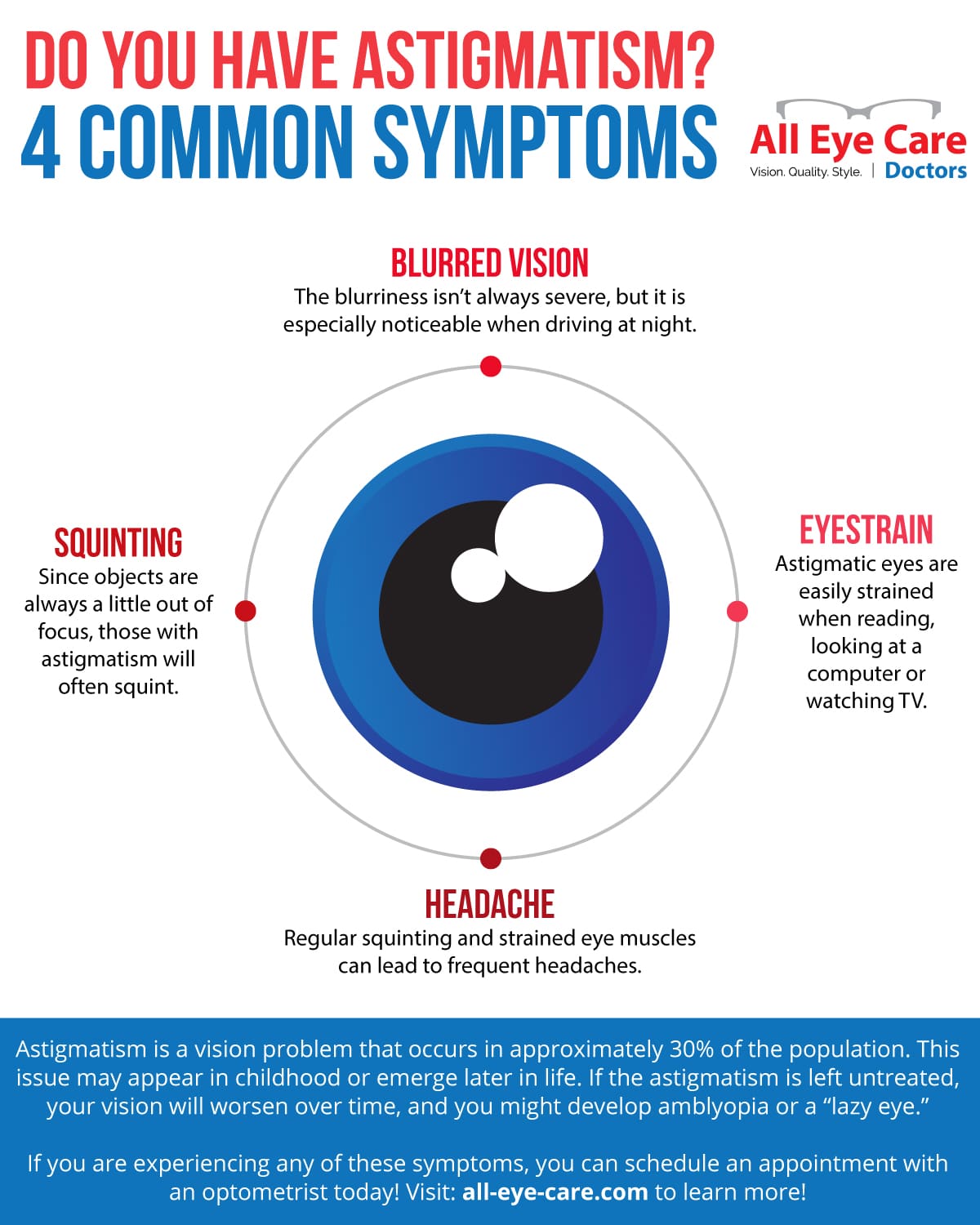Is SMILE Eye Surgery The Right Option For You? Crucial Considerations And Insights
Is SMILE Eye Surgery The Right Option For You? Crucial Considerations And Insights
Blog Article
Article Composed By-McDowell Moss
If you're contemplating SMILE eye surgical treatment, consider this: are you prepared to welcome possible visual freedom, or does the thought of any type of dangers make you wait? Your decision will certainly rest on a careful balance of considering the advantages against the uncertainties. It's critical to dive much deeper right into the subtleties of SMILE surgical procedure to make an enlightened choice that straightens with your visual objectives.
Recognizing SMILE Eye Surgical Treatment
When thinking about SMILE Eye Surgical treatment, it is very important to understand the treatment and its advantages. SMILE, which means Little Incision Lenticule Extraction, is a minimally invasive laser eye surgical procedure that deals with typical vision problems like nearsightedness (nearsightedness).
Throughout the treatment, your eye doctor will certainly use a femtosecond laser to develop a little cut in your cornea. With this incision, a little disc of cells called a lenticule is eliminated, reshaping the cornea and fixing your vision.
One of the vital benefits of SMILE Eye Surgical procedure is its fast recovery time. Many individuals experience boosted vision within a day or 2 after the procedure, with very little discomfort.
Furthermore, SMILE is known for its high success rate in supplying long-lasting vision adjustment. Unlike LASIK, SMILE doesn't need the creation of a flap in the cornea, minimizing the threat of problems and allowing for a much more secure corneal framework post-surgery.
Understanding the procedure and its benefits is crucial when considering SMILE Eye Surgery for vision modification.
Advantages and disadvantages of SMILE
Considering SMILE Eye Surgery for vision modification includes numerous advantages and prospective drawbacks.
https://andyokfzt.blogofchange.com/29773634/discussion-with-a-sensory-professional-clarifying-common-misunderstandings-concerning-cataract-surgical-treatment of the major pros of SMILE is its minimally intrusive nature, as it involves a little cut and normally results in quick healing times. learn here is additionally understood for triggering very little pain and dry eye signs and symptoms post-surgery compared to other vision correction approaches. In addition, SMILE has actually been revealed to supply outstanding aesthetic outcomes, with many individuals achieving 20/20 vision or far better.
On the other hand, a prospective disadvantage of SMILE is that it may not be suitable for people with serious refractive errors, as the therapy range is rather restricted contrasted to LASIK. An additional factor to consider is that the understanding curve for cosmetic surgeons executing SMILE can affect the accessibility of experienced companies in specific locations.
It's important to consider these advantages and disadvantages meticulously when deciding if SMILE is the right choice for your vision correction demands.
Establishing Eligibility for SMILE
To identify if you're qualified for SMILE eye surgical procedure, your optometrist will carry out a complete assessment of your eye health and wellness and vision requirements. Throughout this analysis, variables such as the stability of your vision prescription, the density of your cornea, and the overall wellness of your eyes will certainly be examined.
Typically, candidates for SMILE more than 22 years of ages, have a stable vision prescription for at least a year, and have healthy corneas without problems like keratoconus.
Your optometrist will certainly additionally consider your overall eye health and wellness, any existing eye conditions, and your way of life needs to determine if SMILE is the best selection for you. It's necessary to communicate any kind of specific aesthetic needs or concerns you may have during this evaluation to ensure that the treatment aligns with your expectations.
If you aren't qualified for SMILE, your ophthalmologist might recommend alternate vision improvement choices that far better fit your private needs and eye health status.
Conclusion
Inevitably, determining whether SMILE eye surgery is right for you requires careful consideration of your private eye health and wellness and aesthetic needs. Consult with your ophthalmologist to identify your eligibility for the procedure and consider the prospective benefits and disadvantages. Remember to communicate just click the next website of worries or questions you may have during the analysis process to make an enlightened choice about your vision modification alternatives.
